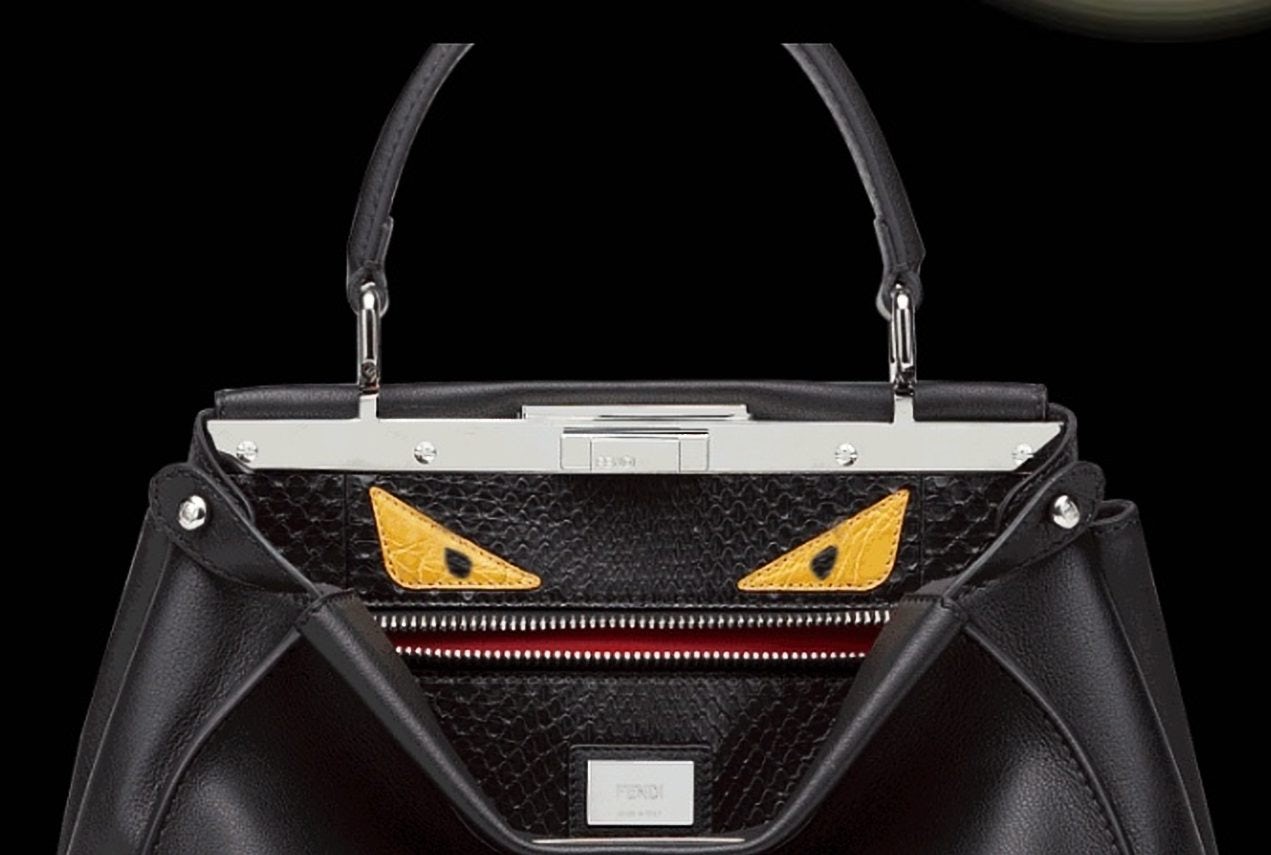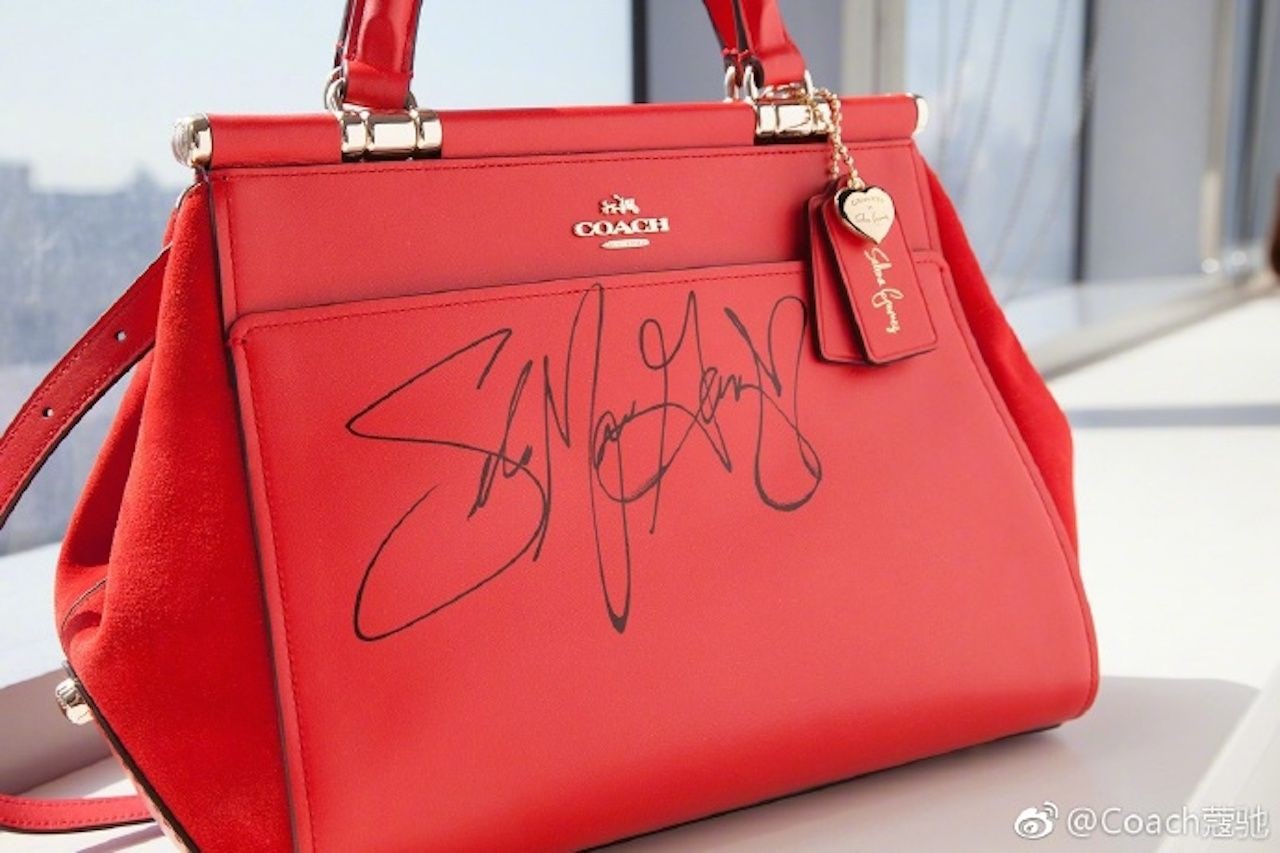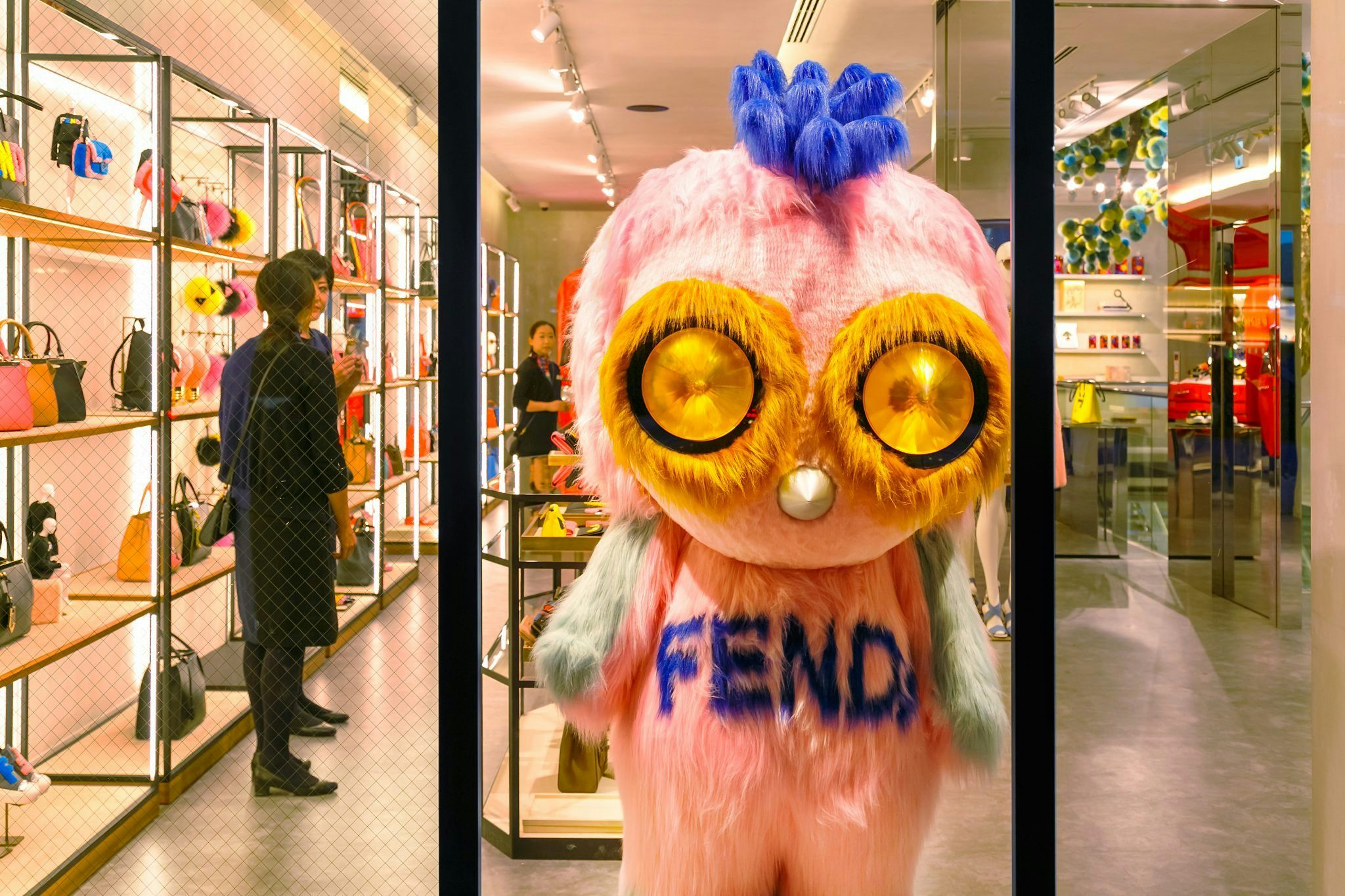On November 16, the official WeChat account of Coach announced the launch of its Thanksgiving campaign to Chinese consumers. The Thanksgiving campaign includes a series of discounts, such as a promotion to join the Coach VIP club, and offline events that Coach stores will be hosting between November 17 and 26. According to the WeChat post, desserts and tea will be prepared for the customers who visit Coach stores during the campaign, and customers engaging in in-store interactive activities are eligible to win gifts such as Coach leather accessories.
This short announcement might appear to be an ordinary move brands make using holidays to engage customers. However, this Thanksgiving campaign by Coach signals something larger, a means of making connections with the Chinese customers that have been shaping Chinese consumption culture.
Thanksgiving in China#
Thanksgiving is largely an American affair. While Canada, some Caribbean islands, and Liberia also celebrate it, it is usually observed on a different day. In response to the holiday, it is a not a rare practice for brands originating in the United States, such as Coach, to have special promotions for the Thanksgiving holiday. However, Thanksgiving has virtually no presence in China.
So why then is Coach attempting to use Thanksgiving to market its brand to Chinese consumers?
Introduction of Western Festivals by Brands#
Coach’s Thanksgiving campaign in China is not the first time a luxury brand has launched a campaign in the Chinese market using a western holiday as the theme. As a matter of fact, luxury brands have discovered the charm Valentine’s Day has for Chinese consumers, as many of them crafted special promotions featuring a Valentine’s Day theme to promote sales and brand awareness among Chinese consumers this February. Lancome, Kenzo, De Beers, and Louis Vuitton all had Valentine's Day promotions.
Another popular Western holiday in China is Christmas, which is wedged between the Chinese Singles Day shopping festival on November 11 and the Spring Festival in late January or early February. According to research conducted by the China Social Survey Institute (CSS), it might be the second-most-celebrated festival in China after the Spring Festival among young Chinese. Christmas’s popularity in Chinese society is also closely associated with sales strategies employed by different brands to engage with Chinese consumers, as shopping has become the major mode of Christmas celebration in China. China does have a sizable Christian population, with about 2 to 3 percent of the total population publicly identifying as Christian. However the holiday for most Chinese people is associated with consumption. Hung Huang, a Chinese-American media figure and the publisher of the fashion magazine iLook, said in an interview with Jing Daily in 2015, “Christmas is a commercial holiday. That’s why malls have Christmas trees.”
Similarly, brands have been working towards promoting Halloween in Chinese consumption culture by creating interactive multimedia campaigns on Chinese social media.
Significance of Western Festivals to Chinese Consumers#
As illustrated by examples above, Chinese consumers tend to be very open-minded when it comes to engaging with foreign holidays.
One of the key factors that contribute to this phenomenon is how Chinese young people tend to view Western holidays as “trendy.” Many Chinese cultural products like to make references to Christmas, often to associate the characters with a “fancy” lifestyle. An example would be the box office hit franchise Tiny Times. With the first film released in 2014 by the young author-turned director Guo Jingming, Tiny Times was hugely controversial for its explicit materialistic depiction of the characters’ lifestyle. The film was nonetheless favored among many young people, as the film pictured a way of living concerned chiefly with consuming luxury goods as well as being particular about things. Among the “stylish” things that the characters do in the film, gathering on Christmas night is one of them.
What Can Brands Learn from This Trend#
We’ve already witnessed the increasing presence of Christmas, Valentine’s Day, and Halloween in Chinese society following the growth of sales associated with those festivals, a phenomenon driven by the marketing strategies of Western brands. Currently, there is no indication that this trend cannot be applied to other western festivals, especially the ones that have traditionally been tied to shopping mania in the western world.
For now, the biggest obstacle for Thanksgiving in China might be the lack of special events associated with it. Unlike the tree lighting associated with Christmas and the trick-or-treating with Halloween, the most distinctive gesture of celebrating Thanksgiving, eating turkey, remains a novel thing for Chinese people. However, given Chinese consumers' penchant for adopting Western holidays, it should not be hard for brands to figure out how to effectively introduce Thanksgiving to Chinese consumers.
As Coach takes steps to introduce Thanksgiving to Chinese consumers as another shopping season, another question emerges: What will be the next western holiday celebrated in China?




